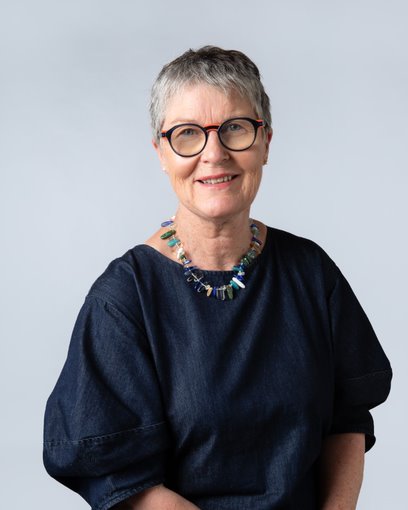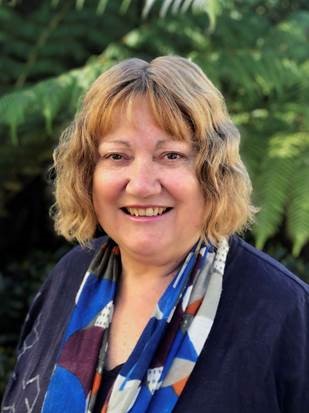Overview
Become a nurse in two years through our pre-registration master’s degree. Use and enhance your critical thinking skills, develop your clinical knowledge, and grow your career to become a registered nurse. Learn from an experienced, highly skilled nursing team and passionate researchers who are leaders in their field.
Nurses are in demand across Aotearoa New Zealand, and nursing offers excellent career progression opportunities, as well as options to travel and earn around the world.
The Master of Health Sciences (Nursing) is underpinned by UC’s values of manaakitanga (extending care and empowering others), whanaungatanga (valuing people and working as a team), and tiakitanga (enhancing and nurturing our resources). These philosophies help produce nursing graduates who are socially conscious, critical thinkers who contribute to the advancement of nursing knowledge, policy, and health outcomes.
On successful completion, graduates will be awarded a Master of Health Sciences (Nursing) and be eligible to apply to the Te Kaunihera Tapuhi o Aotearoa | Nursing Council of New Zealand to sit the State Final Examination to become a registered nurse.

.png?width=1500&height=2000&name=MicrosoftTeams-image%20(4).png)



